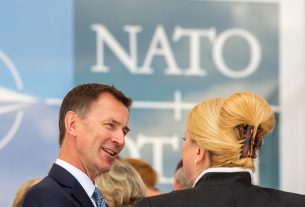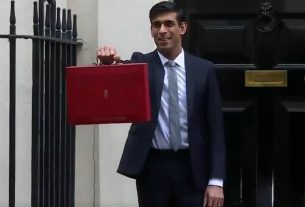The stance of Russian President Vladimir Putin on the ongoing conflict with Ukraine appears steadfast, regardless of the results of the U.S. presidential election, analysts suggest. Ukraine’s President Volodymyr Zelensky highlighted this while noting Russia’s close monitoring of U.S. policy shifts that could affect the conflict’s trajectory.
If Kamala Harris succeeds in the election, her administration is expected to maintain support for Ukraine, a continuation of the Biden administration’s approach, despite some differences. On the other hand, Donald Trump has proposed ending U.S. support for Ukraine’s war efforts, asserting he could resolve the conflict in a short period. His vice-presidential pick, JD Vance, has also hinted at peace terms favorable to Russia’s interests.
However, experts indicate that a shift in U.S. leadership may not be enough to bring Russia to the negotiation table. Russian foreign policy analysts believe that Putin views Western disunity and internal divisions within the United States as potential opportunities, especially if a change in the U.S. administration leads to reduced aid or NATO involvement. Thomas Graham, a foreign policy specialist, points out that even if Trump intends to negotiate, it would likely be a complex and drawn-out process. Putin, he suggests, sees ongoing U.S. political turmoil as beneficial to Russia’s goals.
European nations, faced with similar pressures, are also experiencing internal tensions, with some NATO members like Hungary and Slovakia led by pro-Russian governments. Such dynamics, along with Europe’s financial strains, could potentially weaken the West’s unified stance against Russia.
Moreover, Putin’s broader strategic objectives may extend beyond Ukraine. Analysts argue the conflict is a proxy battle with the West, with Putin aiming to reduce U.S. influence globally. John Lough, an associate fellow at Chatham House, notes that Ukraine is only one aspect of Putin’s larger ambition to challenge Western authority on the world stage. He suggests that any concessions from the U.S. could be perceived by China as a sign of American weakness, undermining Trump’s tough stance on China if he wins.
Ukraine’s situation on the battlefield remains tenuous. Despite significant losses on both sides, Russian forces continue their assaults with substantial manpower, aiming to secure territory in various conflict zones. Ukrainian troops, often outnumbered, rely on extensive support systems to defend their positions, but they face challenges in maintaining a stronghold without continuous international aid. To strengthen its defenses, Ukraine’s Parliament recently extended martial law and approved an additional draft to support their efforts.
If U.S. support wavers, as it might under a Trump administration, Ukraine could find itself outgunned and further at a disadvantage. European allies are taking steps to ramp up ammunition production in response to a potential decline in U.S. assistance, but the need for more resources is pressing.
Despite the strain on its resources, Ukraine’s resolve remains strong. Zelensky continues to push for bipartisan support from the U.S., especially in light of the atrocities faced by civilians in cities like Bucha and Mariupol. The nation’s endurance is not just about territorial defense but also a stance against the human rights abuses that have marred the conflict.




